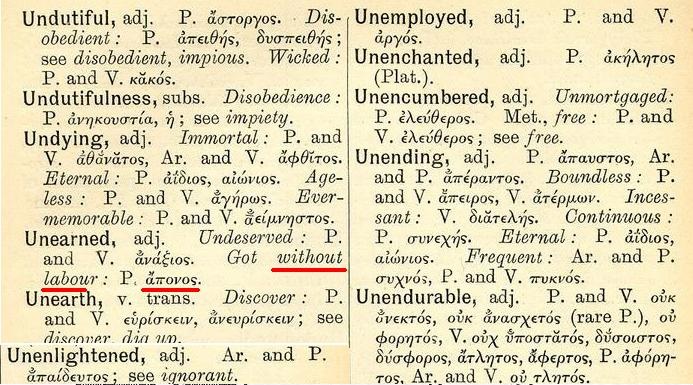Ygorcs
Active member
- Messages
- 2,259
- Reaction score
- 812
- Points
- 0
- Ethnic group
- Multiracial Brazilian
So now you are suggesting that because my explanation are simple and straightforward to the point, they must be wrong, while a person in the right mind would think exactly the opposite. Let see what you pick to prove your point...
Gentleman, I assure you that double /rr/ is still a /r/ sound. The only difference is that regular /r/ is soft while /rr/ is a strong pronunciation of /r/ . If we find the verb 'err' (dark) in Albanian, different from the Greek 'er'-e-bus or 'er'-e-mnos , because of this double /rr/, this yes must be considered a phonetic evolution because of time(although we don't know this for certain, because this might be just a writing difference in two different languages, in two different times).
Well honestly, I don't expect you to understand that in Albanian the word 'terr'(darkness) as a noun, comes from the verb 'err'(get dark), and the word sterr-ë(pitch black) derives from terr(black, darkness), and the initial /s/ is exactly what it is: a meaning reinforcement affix from terr=dark to sterr=very dark. Preposition /affixes are very common in every language, and especially in Albanian. They play a role in the word meaning, depending on what sound/letter we use it to alter a word meaning, for example:
n-gul(thrust)-------- sh-kul(remove)
n-grij(freeze)--------sh-krij(melt)
n-greh(charge)-------sh-kreh(discharge)
n---->reinforcement affix
sh----> privative affix
g-->k obeys Grim's Law
duk(appear)-----zh-duk(dissapear)
bej(make)------zh-bej(undo)
zh---> just privative
Please don't, because you would have wasted our time.
What I want is that you explain how exactly err- becomes terr-, what is the purpose and use of the affix t-, and how we can confirm that that purpose and meaning is really the one you propose, that is, a consistent and large corpus of words that show the same noun derivation using the affix t-. That's what we call a method, not just randomly finding ad hoc explanations for the etymology of words, without any regularity and consistency by identifying classes of words formed through identical processes of derivation. That I still haven't seen from you. We all want to see systematic, step-by-step explanations to the noun formations you propose which can be replicated in many other totally unrelated words without many exceptions.
I'll give your hypothesis more credibility when instead of just saying "terr comes from err, it's so simple!" you come up with a good explanation for why is that so and one explanation that of course can be applied not just to that word, but to dozens or hundreds of other words. Languages work not through thousands of different rules and processes to each word. They always show some regularity in the more productive processes of evolution, derivation and sound change, and you aren't demonstrating that. Meanwhile, I'll reserve my right to be even more than just skeptical.
P.S.: By the way, I'm curious to know what's the difference in meaning, purpose or usage between your "meaning reinforcement affixes" n- and s-. Are they just generic, "unimportant" words that are added to the roots so that the words can fit your hypothesis, or did you study their meaning besides simple "reinforcement", too? Is there a reason why some words use n- and others use s-?



